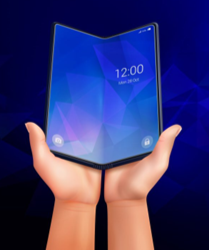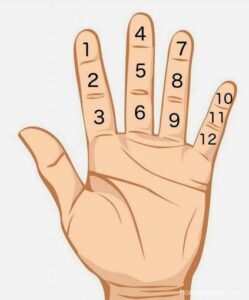Apple’s First Foldable iPhone Set for 2026 as Hinge Suppliers Compete
 Apple is expected to launch its first foldable smartphone in 2026, and competition among potential component suppliers is already intensifying. According to Patently Apple, which cited a well-known analyst, Samsung Display is likely to supply a crease-free display solution for the device. The internal hinge, according to the report, plays a crucial role in minimizing screen creases when the device is unfolded. TrendForce’s latest investigations reveal that the anticipated launch of Apple’s first foldable device in the second half of 2026 is expected to lift foldable phone penetration from 1.6% in 2025 to over 3% in 2027. According to TrendForce, the global foldable hinge market is projected to reach US$1.2 billion in 2025, with hinges currently accounting for about 5–8% of the BOM cost per device. [News] Apple’s First Foldable iPhone Set for 2026 as Hinge Suppliers Compete – LEDinside
Apple is expected to launch its first foldable smartphone in 2026, and competition among potential component suppliers is already intensifying. According to Patently Apple, which cited a well-known analyst, Samsung Display is likely to supply a crease-free display solution for the device. The internal hinge, according to the report, plays a crucial role in minimizing screen creases when the device is unfolded. TrendForce’s latest investigations reveal that the anticipated launch of Apple’s first foldable device in the second half of 2026 is expected to lift foldable phone penetration from 1.6% in 2025 to over 3% in 2027. According to TrendForce, the global foldable hinge market is projected to reach US$1.2 billion in 2025, with hinges currently accounting for about 5–8% of the BOM cost per device. [News] Apple’s First Foldable iPhone Set for 2026 as Hinge Suppliers Compete – LEDinside



